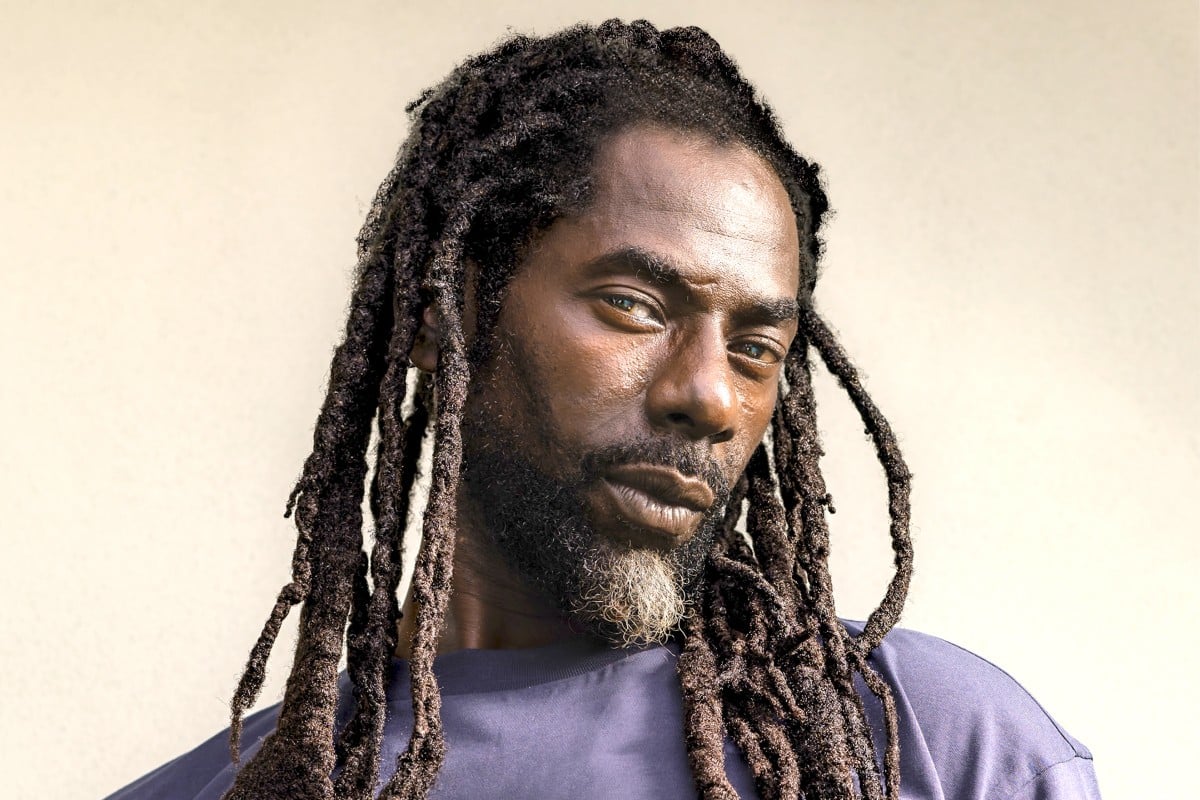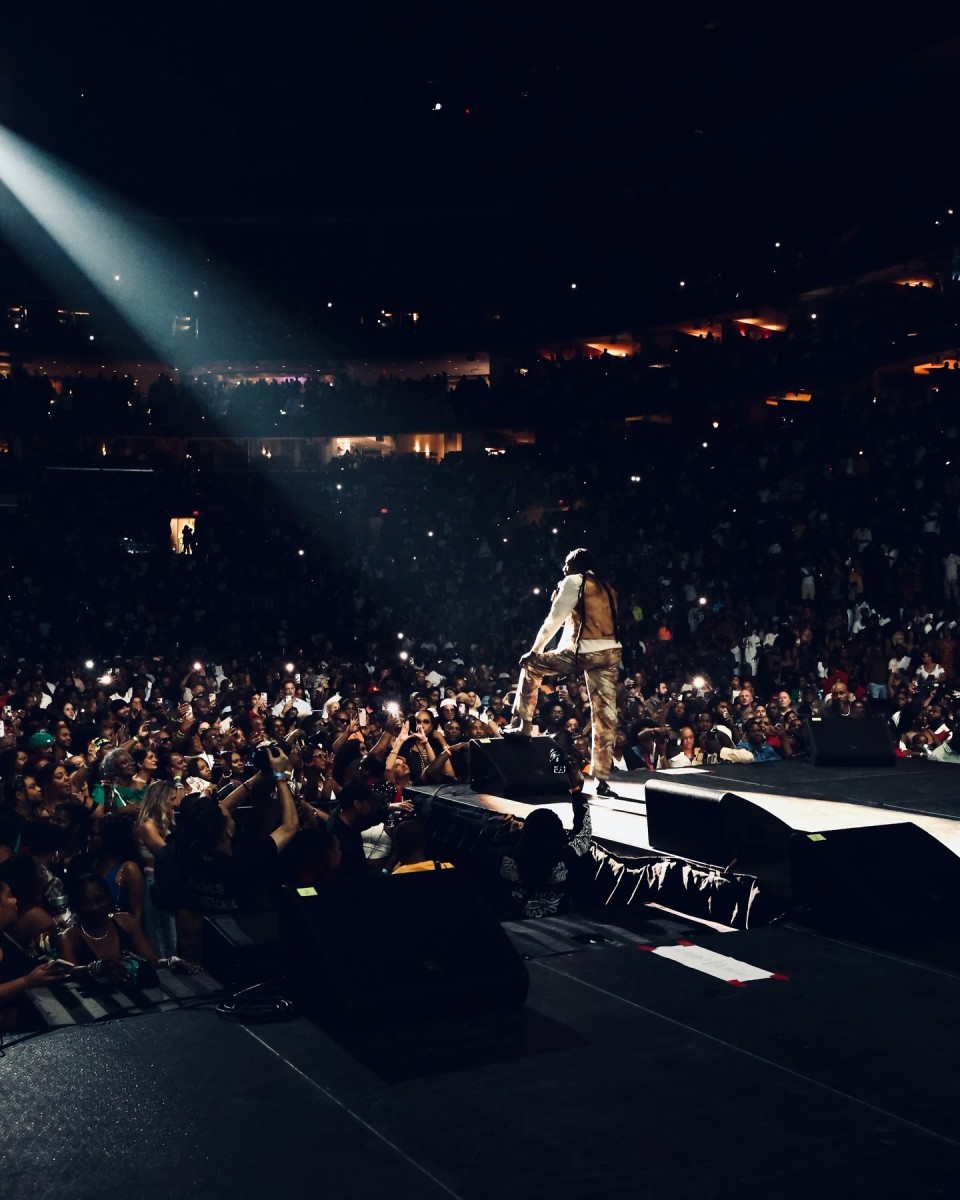Buju Banton Cancels Three More Dates On ‘Overcomer’ Tour. “It’s A Public Humbling,” Says Insider

Reggae superstar Buju Banton is the latest high-profile artist forced to cancel several dates of an arena tour in a crowded post-pandemic live entertainment marketplace plagued by elevated ticket prices and consumer spending fatigue.
The Untold Stories singer has canceled his Boston show, which was set for August 30 at the TD Garden Arena. The TD Garden Arena’s website confirmed this development on Monday.
The Ticketmaster website also reports that the September 1 concert in Philadelphia, PA, and the September 6 concert in Hartford, Connecticut, have also been nixed. Refunds are available at the point of purchase.
A few weeks ago, Banton’s management announced that five September dates, set for Houston, Dallas, Phoenix, Inglewood, and Chicago, had been rescheduled but not canceled. The new dates have not yet been announced.
The Til Shiloh singer recently performed in Fort Lauderdale at the Amerant Bank Arena on August 23, but the arena was reportedly not at its total capacity of 20,000.
He also performed at the 21,500-capacity Amalie Arena in Tampa, Florida, on August 25.
The show scheduled for September 8 at the 21,000-capacity State Farm Area in Atlanta, Georgia, is apparently still on. Anecdotal reports are that the show, ironically held in a U.S. state where Untold Stories deejay was incarcerated for almost a decade, is selling well.
Buju Banton’s publicist, Ronnie Tomlinson, said she would check to see if the previously announced dates would be “rescheduled and not cancelled” before she made a statement. “I want to make sure that these dates are dates that will not be put back on, I just want to make sure,” Tomlinson said.
When contacted, Buju Banton’s manager, Joey Buttafuoco, recommended that this reporter speak to Buju’s publicist, Tomlinson, but offered an upbeat assessment: “Everything is going to work out.”
‘The Overcomer Tour’ is touted as Buju Banton’s triumphant return to U.S. soil after he faced deportation after serving time for a drug-related offense. The 51-year-old reggae and dancehall legend, born Mark Myrie, was freed from Georgia’s private McRae Correctional Institute in the town of Telfair in 2018.
The cancellations could be a clear indication of a deeper malaise in the lucrative live show marketplace in the US that primarily affects older artists in the urban market. In June, both Jennifer Lopez and the Black Keys had to cancel their U.S. arena tours, with the Black Keys deciding to do a much more ‘intimate’ – a crushing euphemism for smaller – venue tour.
It has been reported that big arena tours are down across the board, while others limp along with glaringly empty rows of unsold seats for pricey tickets that go northward of US$200.
Longtime celebrity rappers Missy Elliott and Busta Rhymes’ tour date at the 19,000-seat Barclays Center in Brooklyn—a hotbed for hip-hop music—was haunted by poor ticket sales. Grammy-winning hip-hop star Lauryn Hill has also canceled her US tour.
The malaise can also be contagious for younger acts who have good social media buzz, which does not always translate into robust ticket sales. Case in point: in July, rapper Sexyy Red made headlines after news emerged that her tour was on the verge of cancellation because of rumored low ticket sales.
“Everyone wants to believe they can sell out arenas whether they’ve proven it or not,” one industry insider said on condition of anonymity.
“It’s a public humbling for Buju Banton.”
‘Yankees Don’t Know Buju Banton’
Experienced show promoter-radio show host Paul ‘Notorious VOG’ Parara does not agree that it was ‘humbling’ for Buju Banton, but it is undoubtedly at least a gut check.
“I don’t know if it is a public humbling. It is the realization that Buju is not what they thought he is or what he thought he was,” Notorious VOG said.
“Him and his team thought he was bigger than the music where he could just come out and do an arena and it takes more than Buju Banton. When you think of Buju Banton as an artist, what people don’t realize is that Yankees don’t know Buju Banton more than they know Capleton or a Sizzla,” Notorious VOG said.
Arena tours often need early ticket sales to prove their viability to big investors like Live Nation. “The thing is that the prices for the arena concerts were astronomical, and even when they cut the prices, they weren’t selling,” a frank Notorious VOG said.
Times are tough in the live ticket market, particularly in big arenas. The market is reportedly trending downwards after a couple of prosperous post-lockdown years. Experts say that people have less disposable income to spend on splurges like live shows.
This could spell bad news for reggae artists who don’t traditionally move significant numbers or stream well. For many reggae standard bearers, touring remains one of the best ways to generate income.
However, Notorious VOG is making no excuses for the debacle, adding that the post-pandemic period has been very lucrative.
“There are more people going out, you cannot blame it on inflation, this is just a bad decision. Buju could have done 40 dates during the Summer performing in venues that hold between 5 and 6,000 people and it would have been the talk of the Summer. It would have boosted the genre, and he could have come back at the end of winter and toured again in bigger venues,” Notorious VOG said.
The show promoter, who has over 35 years of experience touring the biggest reggae acts, maybe right as Live Nation reported its biggest first quarter ever, with $3.8 billion in revenues. He believes that it may have been the cookie-cutter style of marketing acts that doomed Buju’s redemption tour.
“It’s the market and it’s genre, people have to focus on reggae as a genre in and of itself, they can’t apply what other people do in other markets. Reggae is its own unique genre, which is a global genre. Reggae can succeed, when they don’t do that, they fail. They took Buju and tried to throw him into a formula that has been applied to other acts out there,” Notorious VOG, who is a long time radio host of Inside the Dancehall, said.
‘Buju Never Had A US Radio Hit’
Notorious VOG said that the tour was doomed by ‘bad decisions’ by management. “As far as I know, you’ve never had an artiste do an arena tour who has never had a radio hit, he has never had a radio hit (in the US),” he said.
Although Buju Banton signed with the major label Mercury Records and released Voice of Jamaica in 1993, he never made a significant impact on the Billboard 200 chart (his best showing was Unchained Spirit which peaked at No. 128), and his songs never generated top 40 radio spins in major urban markets. Not long after, he became more influenced by his Rastafari faith, releasing iconic albums like ‘Til Shiloh and Inna Heights which sold well in the core reggae markets all over the world.
VOG was involved with Buju Banton’s headlining One Love Fest 2006 tour, which was one of the highest-grossing North American dancehall tours. The tour included Buju Banton, Capleton, Gregory Isaacs, and Agent Sasco. He said that tour was a rip-roaring success because it was a collective tour with a variety of artists that pulled out key demographics among Jamaicans, white Caucasians, and second-generation US-born citizens.
“Buju’s tour could have been a big boost and hype. Instead, it’s a black eye; they made a wrong decision. For someone who is doing it for 35 years, this is squarely on Buju and Buju’s management,” he said.
Buju’s The Overcomer tour had an optimistic start. It followed two sold-out shows, with what some media accounts estimated were over 36,000 concertgoers at the UBS arena in New York last month. Although Notorious VOG remains an admirer of Buju Banton’s illustrious career, he challenged the authenticity of the New York arena figures.
“First of all, when they did the New York show, they shouldn’t have done two shows, because the venue was not sold out for the first one. For both dates, each date did 12,000, but that is not sold out, each day only did 12,00o, that is 24,000 collectively, ” Notorious VOG said.

